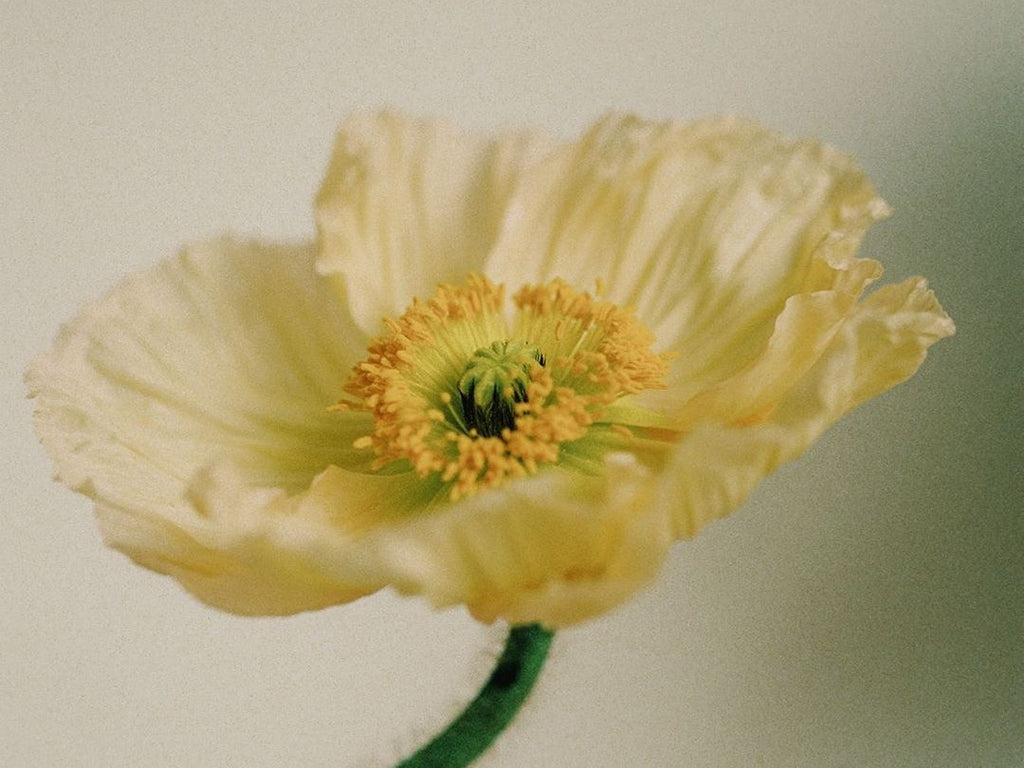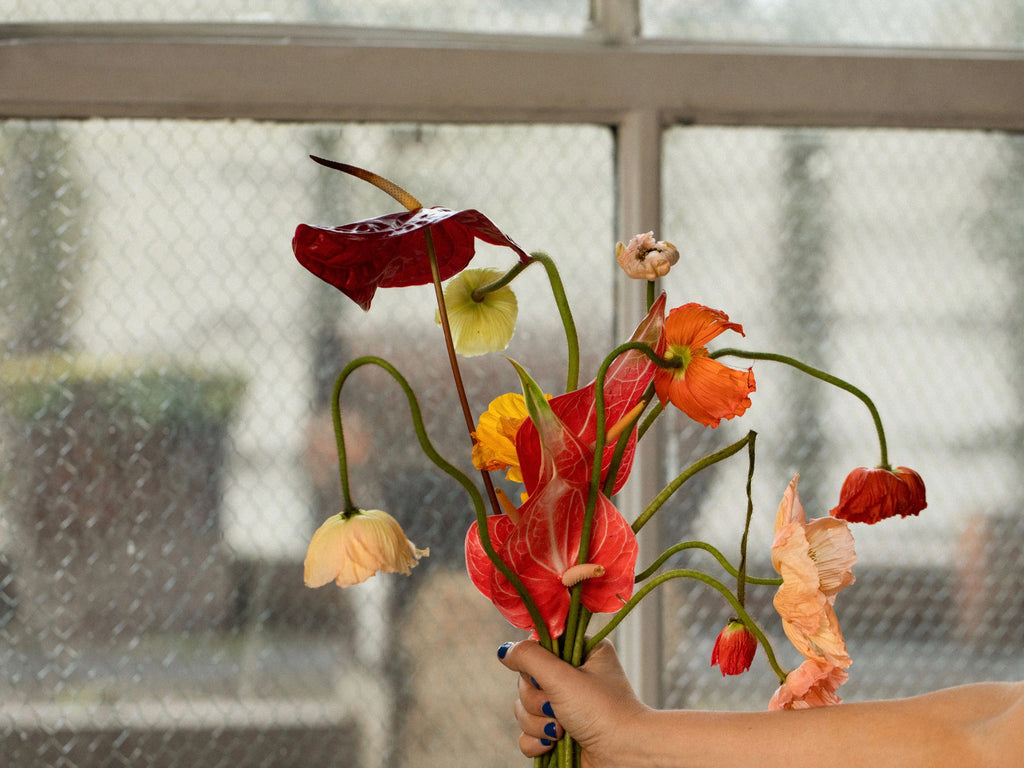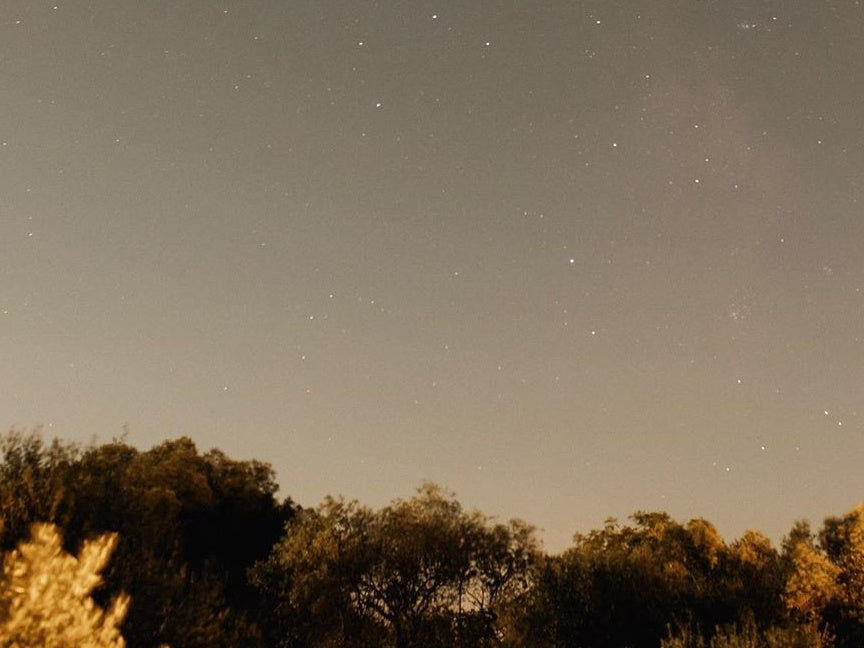The French way of life is a shock to us North Americans who live in a constant state of “what’s next?” French employees can start their career with a minimum of 5 weeks vacation (that’s the legal minimum at one year) and can enjoy an hour and a half-long lunch date (on a weekday), all while still being a nation that isn’t lacking productivity or in a financial deficit. One might call it the “joie de vivre” of French culture, but really what the French are doing is living.
This nation’s innate way of living life is in the present tense.
The aim in writing this isn’t to dismay the goals and driven direction of the humans that hold a French passport, and it’s also not to praise all elements of their societal system (which many find rigid). What it is here to do is evoke curiosity around our perception of mindfulness and how it arrives in different forms and environments.
In the only city where the combined scent of espresso and cigarettes arouse the senses in a most pleasurable way; the 9 AM all-ages cafe rendezvous on every corner in Paris leave any newbie inspired. From the human engagement, to the chic ensembles and the glistening butter sheen on fingers alluding to this morning’s breakfast of choice, we North Americans have a lot to digest taking this scene in.
These are the lessons one can learn from a lunchtime session at a bistro in Marais:
Eyes open to the very moment
It’s a scene to look around and witness humans with their chins up, with their eyes open observing the world around them. Spatially aware of where they are, the French attend to the experience they are currently in. They do not escape and miss the opportune visual feast of the world around them. The alternate option for a Parisienne sitting at one of the curbside circular cafe tables is for their presence to be attuned to the pages of a novel. What a treat.
Connection starts by keeping the phone off the table
As soon as we place our smart phone on the table, there is a sudden energetic shift. The dynamic is no longer between you and your lunch date. It’s now you, the other person and a rogue disrupter—a barrier has pulled up a seat at the table. The French have never adopted our decades-old habit of hosting our friend, “the black screen” at the table. What would it feel like to say “I am here with you and the rest of the world can wait”? And, say it without fear? Likely terrifying, and completely foreign. We have been conditioned to feel as though time is fleeting, we could always be doing more, and fear is woven through our culture from the top (presidential office) down. The truth is, all we have is now. So let’s put the phone away, and start living in the now.
Patience pays off
As we’ve been conditioned to expect same-day delivery service with Amazon, our continent seems to think everything should have arrived or already happened yesterday. Let’s face it, service could be considered “slow” at many restaurants in France. But why is it that we need everything so quickly? Why do we associate quickness to superior service? If the intention is to enjoy your current experience, why rush through it? Next time you catch the egoic brain getting fired up over speediness, question the why. Question the expectation. Question the true desire.
A slower pace of consumption
When the environment slows down, subconsciously we adapt to a similar frequency. Unlike our North American tendency to always act with urgency, the French tend to do everything slower. In every step along the arc of a dining experience, each moment and bite is here to last, without angst or a rush, simply to enjoy. Even before fast-casual was a common restaurant term in Canada and the US, we’ve always seemed to be casual in our approach and intention (often eating on the go) and generally consume food at an unhealthy pace. A recent medical review cited that fast eaters were approximately twice as likely to be obese, which leads one to question, maybe it isn’t just the cigarettes keeping the French lean?
While we can’t all live in Paris or dine in a French cafe, we can get curious around our behaviour. Not judge it. Not get down on ourselves for our lifetime of conditioned actions. But slow down, just enough, to observe it. For now, to observe could simply look like looking up and off your smartphone—just for a moment.
This post is tagged as:
You may also like...
The Latest
People & Places
How Ara Katz is Redefining “Self-Care” as Rooted in Science with Seed
The co-founder, mother, and self-proclaimed serial entrepreneur unpacks her philosophy on what it means to be well. Ara Katz hates the word “success”. Not because of its listed definition in a di...

Do Good Werk
9 Passive-Aggressive Email Phrases That Are Basically Evil
A Rosetta Stone for every time you want to :’).

Woo Woo
Get to Know Your Astrological Birth Chart
How to find meaning in the stars — and what it means for you.

People & Places
The 5 Best Places In New York To Meet Your Next Investor
Where to rub shoulders with the city's movers and shakers.

Do Good Werk
10 Unhealthy Thoughts You Convince Yourself Are True as a Freelancer
If you work alone, you might be particularly susceptible to distorted thoughts that hurt your mental health.

People & Places
Creating a Conference-Meets-Summer-Camp for Adult Creatives
An interview with Likeminds founders Rachael Yaeger and Zach Pollakoff This past September, I sat in front of an obituary I wrote for myself after a session with a death doula. No, I didn’t know w...

People & Places
When Something Golde Stays: An Interview with Golde’s Co-CEOs
“For us it was never a question,” says Issey Kobori, speaking of the decision to build a business with his partner Trinity Mouzon Wofford. At just shy of 27, Kobori and Wofford have secured a host ...

Better Yourself
Are They Toxic? Or Are They Human?
There’s a difference between putting up boundaries and putting up walls, and the latter is what breaks relationships.

Do Good Werk
How To Combat Seasonal Affective Disorder At Work
Here’s what to do if seasonal affective disorder starts to take a toll at the office.

People & Places
Reclaiming Womxn's Wellness Spaces from a White-Dominated World
How The Villij built a collective that their community can connect to.









